CBS’ first entrepreneurship program turns 10: “We train our students how to act in order to know”
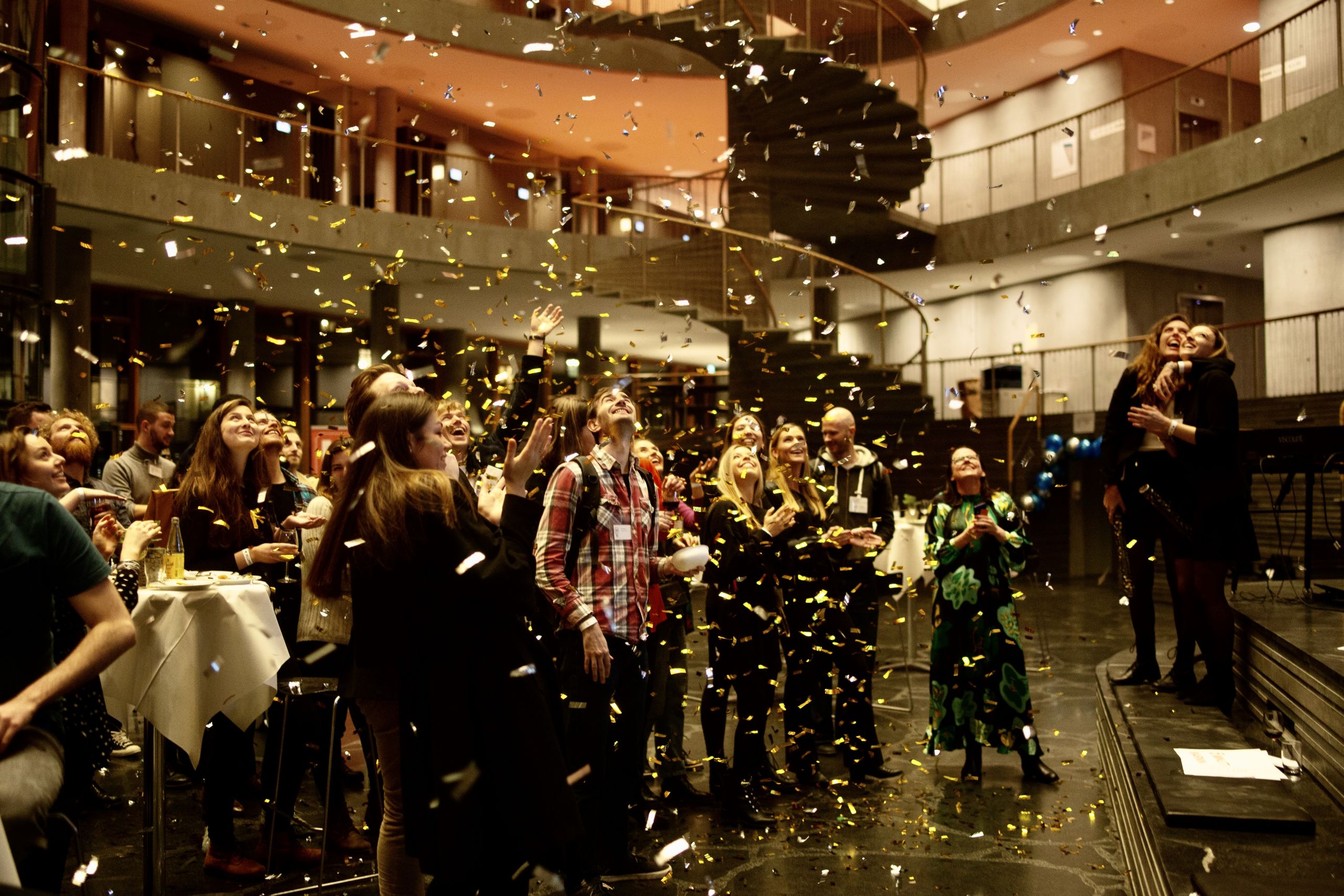
On March 6 to 7, the OIE program celebrated their 10th anniversary with talks, workshops and parties. (Photo: OIE)
The MSocSc in Organizational Innovation and Entrepreneurship was the first program of its kind when it was launched at CBS in 2009. Since then, the program has changed how CBS teaches and has become one of the university’s most international programs. But the “necessity” to create an entrepreneurial environment became the program's greatest vulnerability almost overnight.
Today, you can study entrepreneurship from all kinds of perspectives at CBS. You can take a master’s degree in Bioentrepreneurship, study together with designers and architects from KADK or dive into CBS’ research on the personal characteristics of an entrepreneur. But back in 2009, when CBS’ first master’s program in entrepreneurship was launched, entrepreneurship was only a budding trend.
“Entrepreneurship wasn’t that popular in Denmark in the 2000s, and it certainly wasn’t in focus from an educational perspective, so you could say that the program was born in a vacuum. Today, however, we have entrepreneurship scholars in almost every department, and several electives and programs touch on entrepreneurship,” says Lena Olaison, Academiaa Line Coordinator of the MSc in Social Sciences in Organizational Innovation and Entrepreneurship (OIE) and Associate Professor at the Department of Management, Politics and Philosophy (MPP) at CBS.
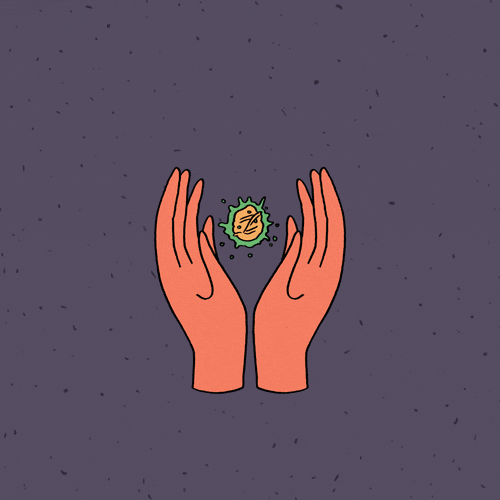
The program has just celebrated its 10th anniversary, and over the course of two days (March 6 and 7) students, alumni, scholars, executives and entrepreneurs gathered to host talks, workshops and parties as well as praising the community fostered by the program over the years.
CBS WIRE has talked to six people connected to the OIE program about what they think makes the program unique, how it has developed, and where it is going.
Professor of Entrepreneurship and Organization at MPP, Daniel Hjorth was the first professor of entrepreneurship at CBS when he was hired in 2006, and coming from Sweden, where he had started up entrepreneurship studies and workshops, he felt dutybound to start up a program at CBS.
“Interest in the entrepreneurship boom came to Denmark late, maybe because Danes often want to have things their own way, and are a little reluctant to learn from others. The former often positively related to entrepreneurship, whereas the latter is not,” he says and continues:
“But I think at around that time, many people realized the time was ripe to establish a program on and for entrepreneurship, and maybe it was something we should have had a while ago. And by making it a program anchored in the social sciences, we would be able to attract people with different backgrounds. Heterogeneity is something you need if you want to capitalize on the fact that you have established a creative environment.
Students from all over the world were applying – but then came the cutbacks
When the program was launched, and initially focused on the Danish market and the Øresund region, but somehow news about the program started to spread far and wide – much wider than intended.
“Quite quickly, the program gained a global reputation. We received applications from Australia, New Zealand, South America and from various countries in Europe, and that surprised us, as we had done nothing to market it in those places. But it showed that a program in between innovation management and traditional start-up entrepreneurship was needed,” says Daniel Hjorth.
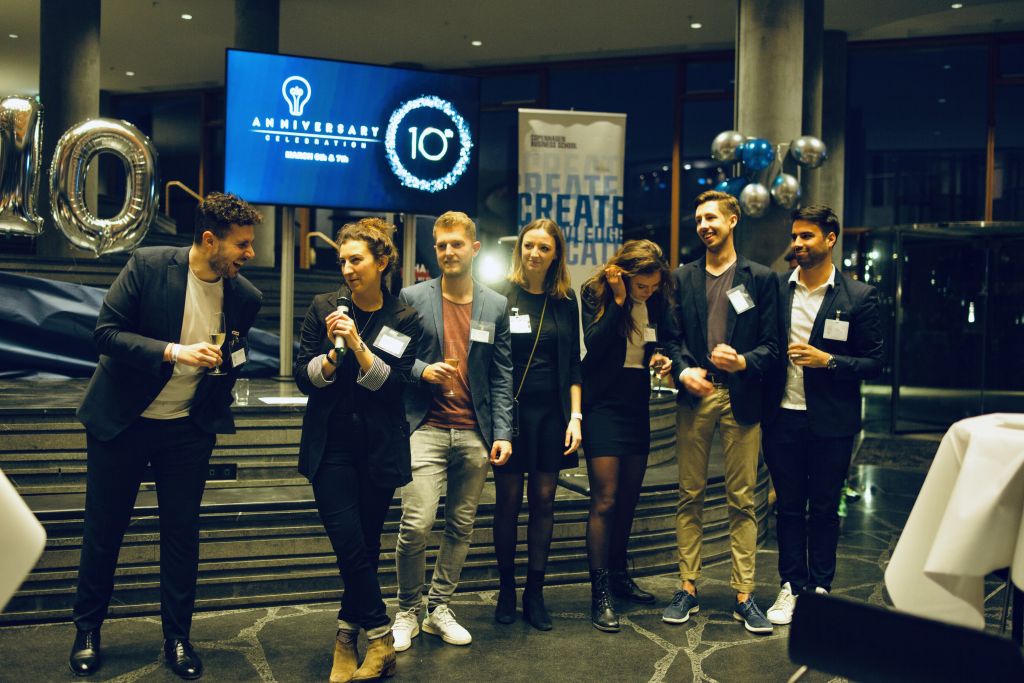
The organizing committee, Ermanno Toso, Stephanie Clemente, Robin Nessensohn, Charlotte Simons, Sophie Piva, Jakub Taptik and Luis Mariscal, has met great support from the OIE program for creating the two-day event. (Photo: OIE)
Today, the program is one of the most international at CBS with about 60 percent international students and alumni divided among more than 50 nationalities. Something which Lena Olaison describes as “one of OIE’s strengths”.
“The diversity of our program is what drives us forward, really,” she says.
But suddenly, the high level of international students was more of a vulnerability than a strength.
In the fall of 2018, the Danish government announced it would cut 1,000 – 1,200 international study placements – 250 of them at CBS. In response, CBS could increase the intake of Danish students but asked for the international study placements to be reinstated if CBS could prove that the international graduates stay in Denmark.
“It was a real crisis for an international program like OIE, but it prompted us to start looking at our role and responsibilities after graduation. We know it can be hard to establish a network and settle down in Denmark, so maybe we can make that process easier,” says Lena Olaison.
She explains that right now, CBS is looking into what jobs OIE graduates end up with, how, and what stakeholders CBS can engage with to help the graduates land relevant jobs. Furthermore, they have supported the establishment of an alumni association to exchange experiences and act as a resource for current students as well as graduates.
“We are building up an OIE community, and it was during that process that the 10th year anniversary celebration became an occasion to bring together that community,” says Lena Olaison.
Learning by doing
As being entrepreneurial is a process that requires considerable practical and creative flair, the program and the teaching had to reflect that.
Not only were the students taught theories on entrepreneurship, organization and innovation, they also had to practice those theories in order to really understand them, explains Lena Olaison
“Usually, in education you teach that you must know before you can act, but at our program we also train our students how to act in order to know,” she says.
To facilitate this, the OIE program asked CBS to make its first studio. A classroom where students can unfold their creative and practical minds by testing their own ideas while gaining theoretical knowledge through such experimentation. Today, CBS has three such studios available for all programs.
“Entrepreneurship is very much like chemistry. It requires a lab where you can see what you think in practice, and do so together with others,” says Daniel Hjorth.
During the program, the students are asked to develop and present ideas, and Lena Olaison would like all students to come into contact with the Copenhagen School of Entrepreneurship during their studies, in order to understand the process of establishing a start-up.
“I don’t require all of them to realize their ideas and actually make a start-up, but they will only get an understanding of how entrepreneurship functions in practice if they try it,” she says.
Entrepreneurial mindsets for the future
Over the past 10 years, the program began by establishing itself as a program at CBS, then made a strong student community, and now the program is steadily becoming integrated in society through its graduates and collaborations. But why do we need a program like OIE?
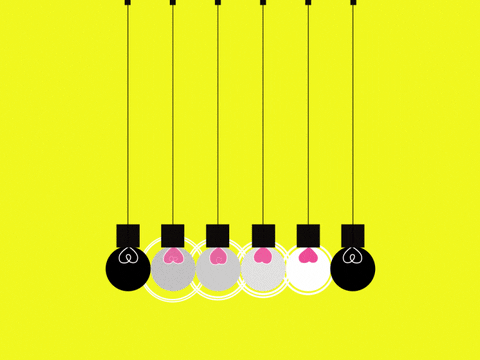
“If we want to keep innovating both in new and old businesses, we need new people. People create businesses, and people are creative. And our program educates, develops and refines such people. The need for such people is still evident, of course now more than ever before. So many challenges today require great entrepreneurial minds to tackle them,” says Daniel Hjorth.
Lena Olaison sees it like this:
“Entrepreneurship is a process of creating and it happens through social relations and networks. It requires different skill-sets and methods depending on the situation at hand. We need people that can handle that complexity,” she says.



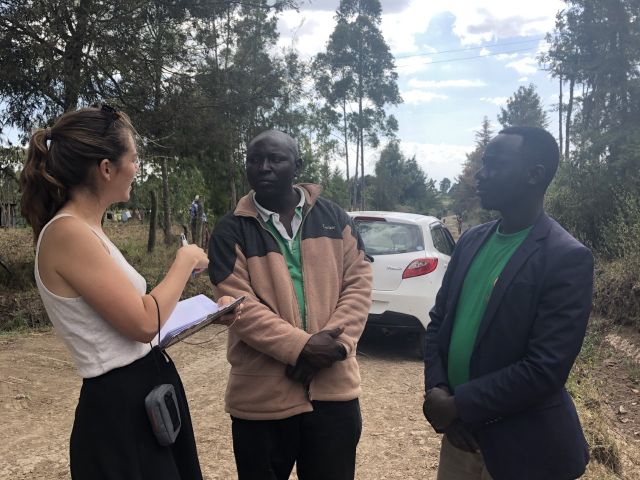
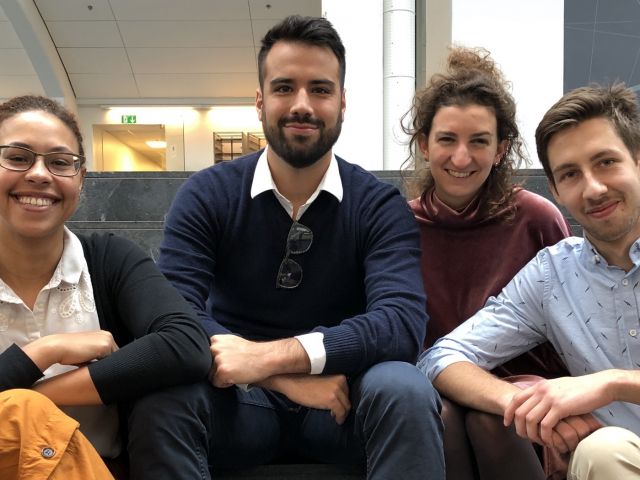
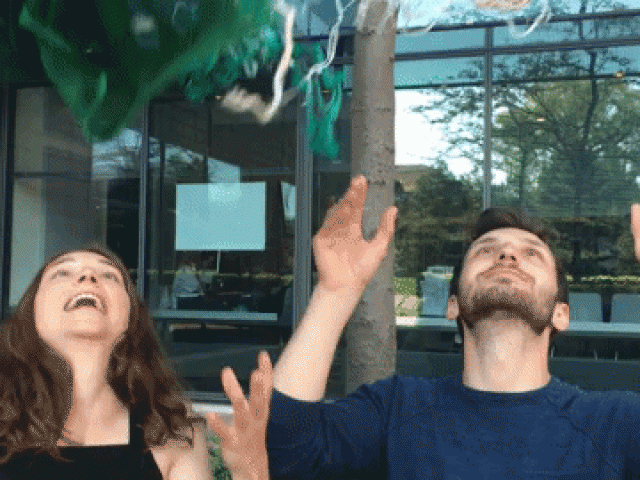
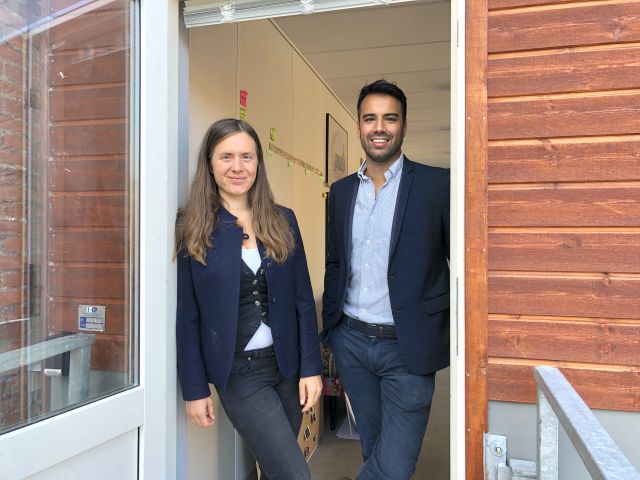
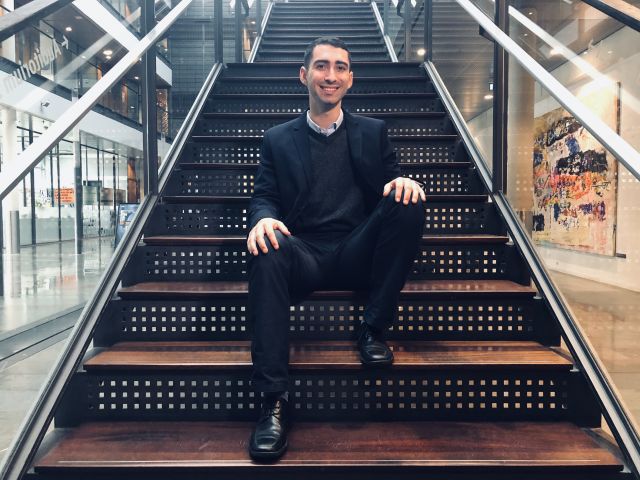

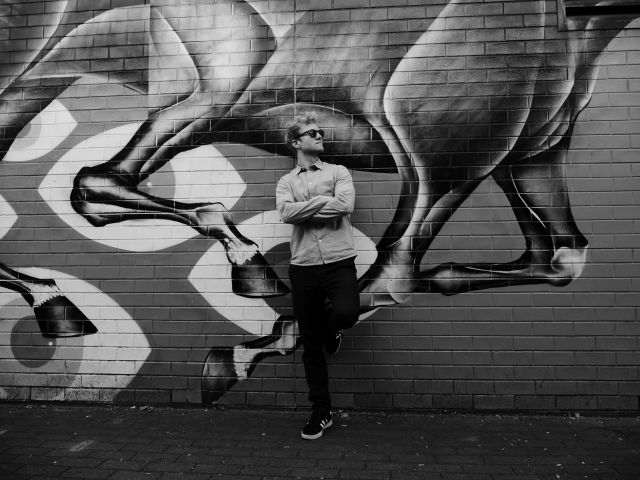




























































































































Comments